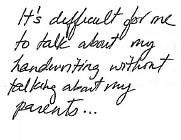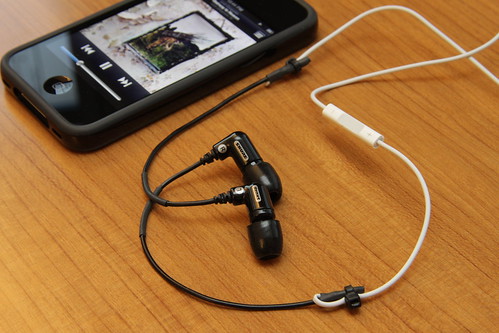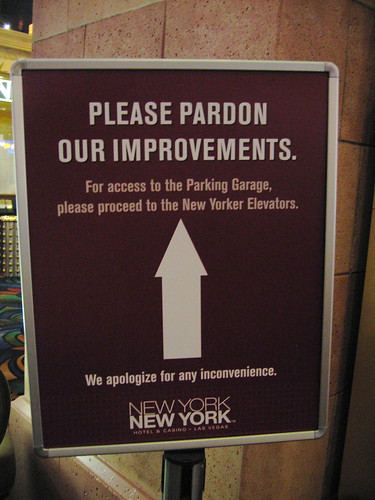
cc licensed ( BY ) flickr photo shared by Dan4th
This video came across my stream last night and I found it funny but it also got me thinking.
So whilst the whole message behind the video is intended to be funny, it still got me thinking. I agree 1000% that punctuation is extremely important (and in this context saves lives) but what about handwriting? The concept of handwriting, its purpose and its place has been intriguing me lately and now I think I have gathered my thoughts enough to reflect upon it.
The elegant Jodie Reik wrote a blog post recently titled Say Goodbye To Teaching Cursive Writing If you are a twitter person and you don't follow Jodie, do yourself a favor and add her to your tweetstream. She constantly puts stuff out there and has a great blog as well. This article really got me thinking and the action of some of my colleagues here at my school did as well. In the article Jodie explores the role of handwriting in the modern curriclum. She states:
Let us consider how often we are required to use cursive in the world today. Yes we need to be able to sign our own name, however that is realistically just a unique and identifiable mark for legal documents. How many things require you to hand write anymore? Shopping lists, no they can be done digitally; brainstorming – again these can be done digitally?, banking – already most of us use online services; legal documents – often requires print but not cursive. So considering how often we use cursive handwriting, is it a requirement for life? For literacy? My personal opinion as an educator is that as long as I can read it and understand it, I really do not mind what format it is in.
This got me thinking. Whilst I teach upper primary (Year seven this year and for the last three years) I have taught in the lower school in the past. I absolutely hated teaching Queensland Modern Cursive. Ruling up the red and blue lines on the board was the most annoying thing that I had to do, and it didn't help that I had the worst handwriting under the sun. I have what I call pigeon scribble. My writing is legible (just) but I am able to do something very important with it - I can communicate message and meaning. Isn't that what is the most important point of handwriting?
So I must admit to being horrified last Friday over morning tea. My school is lucky enough to have just opened up a fantastic three story early years building which is outfitted with all of the 'mod cons' of modern education. Every room has an interactive whiteboard. Teachers are attending training and are generally pretty excited about having this tool at their disposal. But then I heard the discussion turning to how they are going to get their 'lines' up on the board for handwriting practice and my heart almost stopped. I actually sent the link to Jodie's article to one of them and lets just say that it didn't go down to well.
As a parent of a child who is entering Prep next year, I have a number of things that I want my child to be able to succeed in. I want him to be literate, numerate, creative (luckily his mother is), a deep thinker, a creative analyzer of content but I couldn't give two hoots if he is the worse hand writer in the world. As long as his writing is legible (which it generally already is), isn't that the most important thing?
I would love to hear your thoughts.







